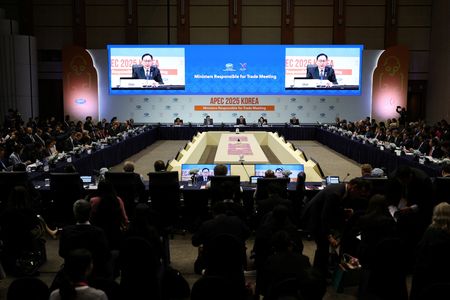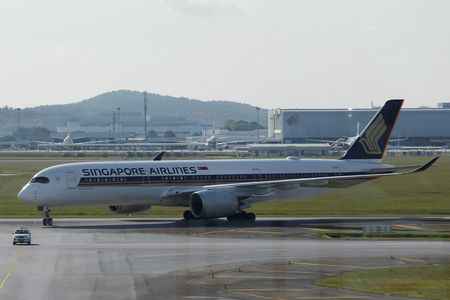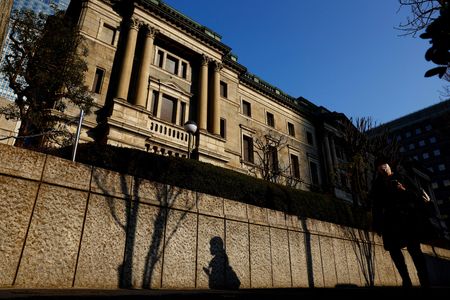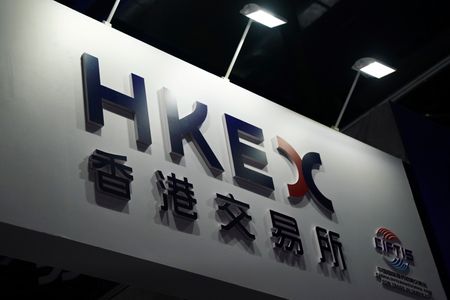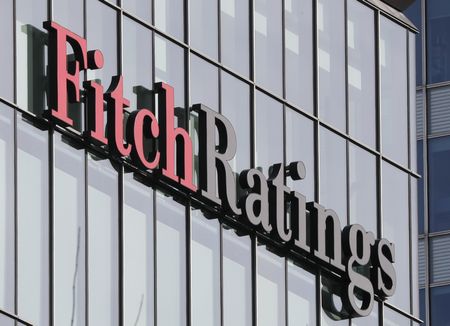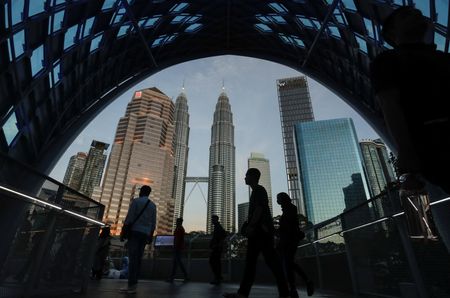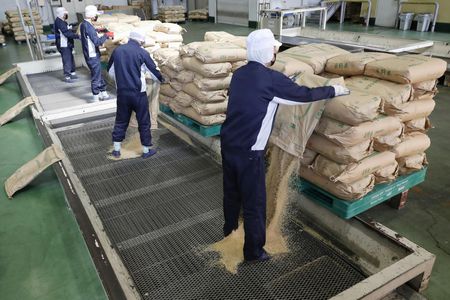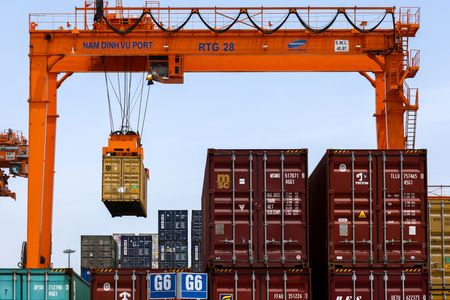By Jihoon Lee
SEOGWIPO, South Korea (Reuters) -The Asia-Pacific Economic Cooperation’s trade gathering comes to a close on Friday with divisions over U.S. tariffs and reforms to the World Trade Organization putting the adoption of a joint statement in doubt, according to some diplomats.
The annual meeting is the first major multilateral trade gathering since U.S. President Donald Trump’s announcement of sweeping tariffs that hit more than half of the 21 members of the bloc with U.S. import duties in excess of the 10% minimum.
APEC warned on Thursday that exports from a region that accounts for around half of world trade will slow sharply this year in the wake of the U.S. tariffs.
The sessions typically focus on multilateral cooperation on economies and trade, and this year contentious reforms to the WTO are also in the spotlight.
The Trump administration views the WTO as a body that has enabled China to gain an unfair export advantage and has recently moved to pause U.S. funding to the institution.
“Big economies in APEC might have strong views on certain issues,” a top diplomat from one of the member economies told Reuters, expressing scepticism over the adoption of a joint statement by the close of the two-day meeting.
“But, we never know,” the diplomat added. “The chairman really wants it,” the official said, referring to South Korea’s Minister for Trade Cheong In-kyo.
An official from a different country, also expressing doubt about member economies adopting a joint statement, said working-level negotiations were ongoing until late into the night on Thursday.
For many of the member economies, the attendance of U.S. Trade Representative Jamieson Greer raised the stakes of the conference held on South Korea’s Jeju Island, ahead of a leaders’ summit scheduled later in the year.
On the first day, many, if not all, of the representatives had or sought a meeting with Greer, according to host country officials.
“Quite a lot of countries had planned to send deputy ministers but later decided to send their ministers after Ambassador Greer’s attendance was confirmed,” Cheong said.
Greer held talks with China’s Vice Commerce Minister Li Chenggang on Thursday, less than a week after their first face-to-face talks in Geneva on May 10-11, where they agreed to significantly lower tariffs for 90 days.
Beijing’s commerce ministry spokesperson, He Yongqian, told a press conference that China was always open to resolving economic and trade relations with the United States through offline communication, but gave no details on the latest talks.
Greer also met the host country’s Cheong, three weeks after Seoul and Washington held their opening round of trade talks, and Malaysian Trade Minister Tengku Zafrul Aziz, who expressed optimism after Thursday’s meeting, his second one in two weeks.
The U.S. trade representative also met South Korean shipbuilder HD Hyundai’s Executive Vice Chairman Chung Kisun on Friday to discuss cooperation between the countries in the sector, the company said.
Seoul has offered to collaborate in shipbuilding with Washington as part of a potential trade deal.
In late February, a Group of 20 meeting of finance ministers and central bankers held in Cape Town failed to adopt a joint communique, after top officials from several countries, including the United States, skipped it.
The meeting concluded with a “chair’s summary” issued by the host, which said participants “reiterated the commitment to resisting protectionism” and used several words the Trump administration has strongly objected to.
Cheong is scheduled to hold a briefing on the meeting outcome on Friday afternoon.
(Reporting by Jihoon Lee in SEOGWIPO, Editing by Jack Kim, Lincoln Feast and Tom Hogue)

